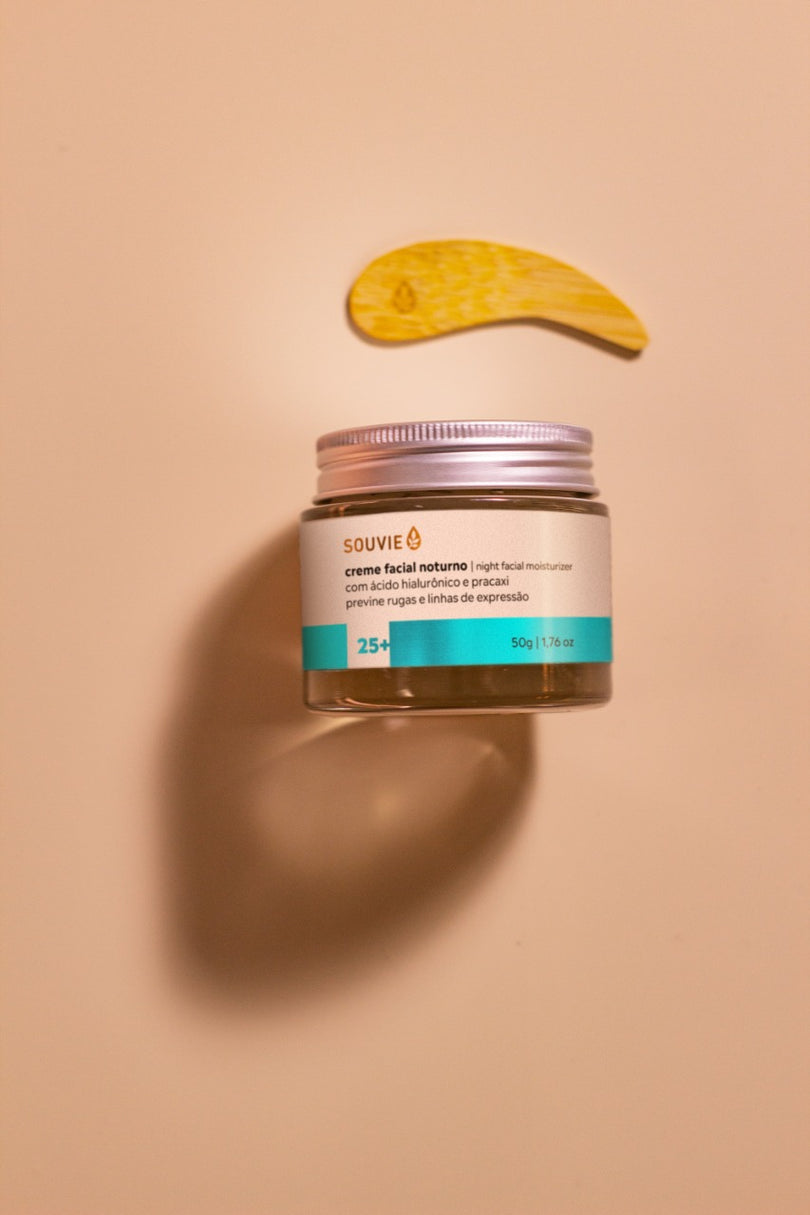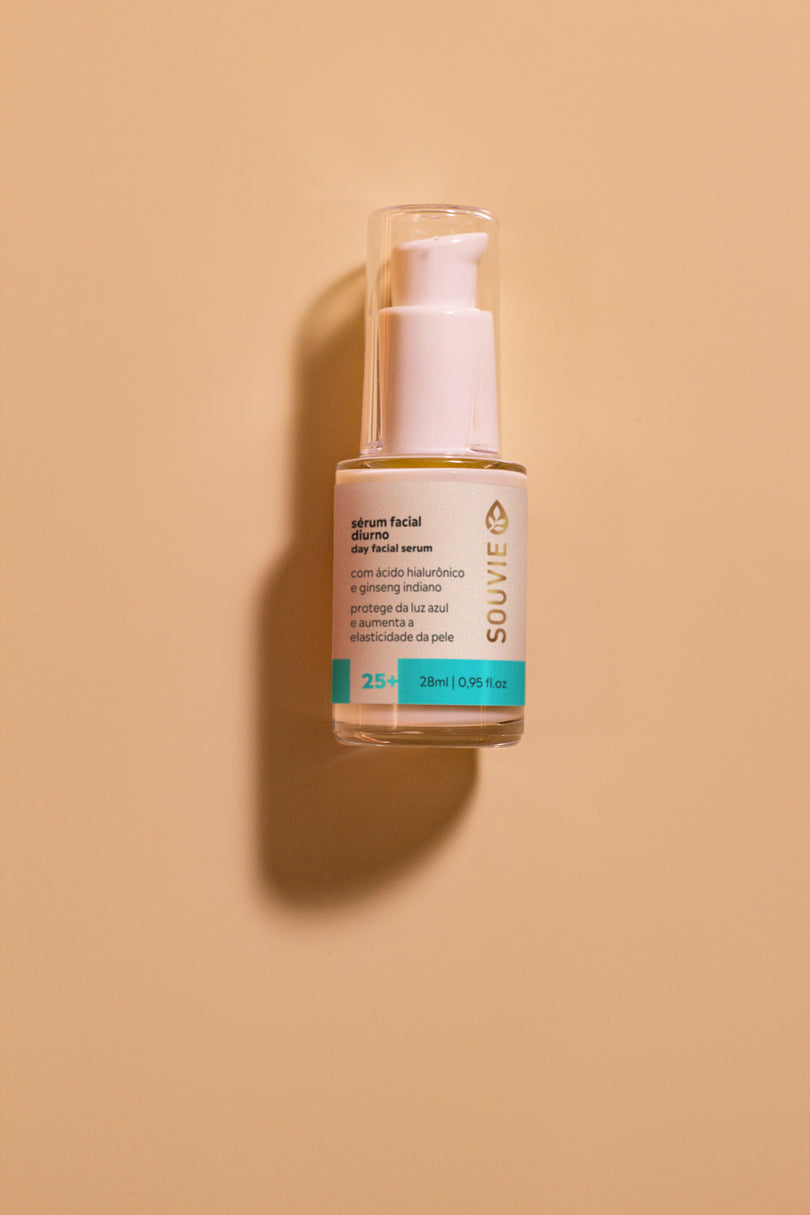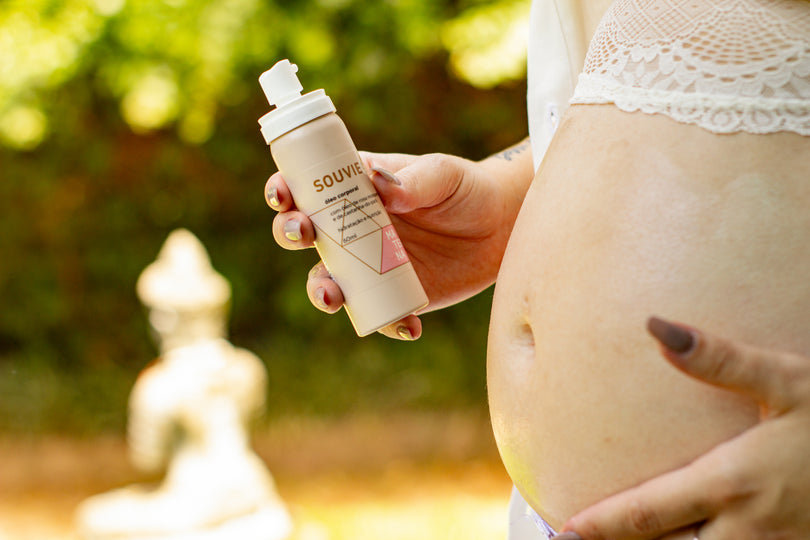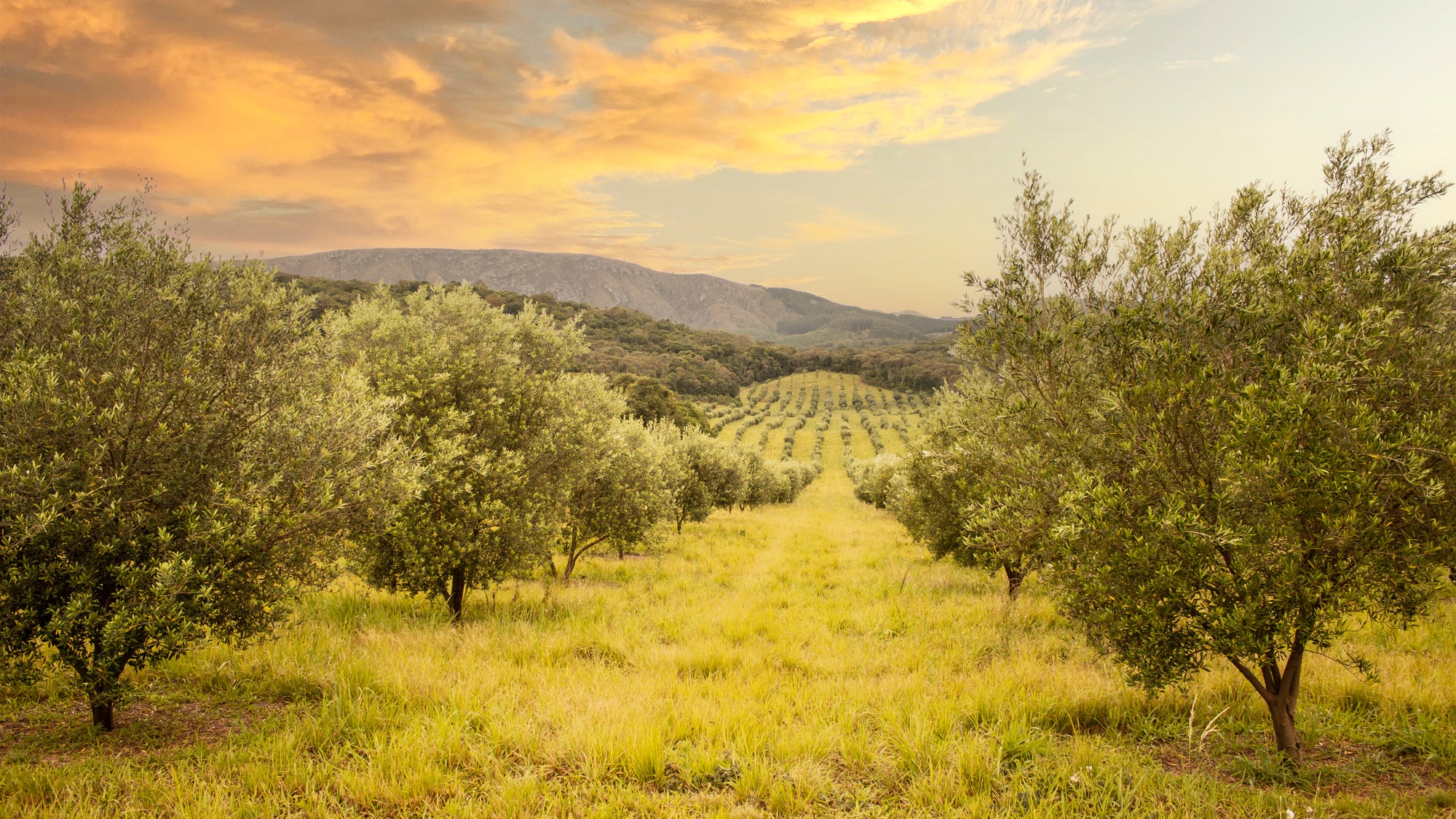In this blog we provide you with some easy to do exchanges you can make to be more sustainable in your daily life. By making a few simple adaptions you can make a huge difference in reducing waste and increasing your contribution to our beautiful ecosystem.
So, what are you waiting for? Check it out and get started today!
The first step is to become aware that everything we produce stays on the planet in some way, there is no “throwing it away”. As much as possible, reduce your use of disposable products, mainly from plastics, which can take more than 450 years to decompose. At the next opportunity see if you can do the following:
- Use bamboo toothbrushes.
- Prefer traditional crockery and cutlery at parties and events.
- Use vegetable bushings to wash dishes.
Whilst we are talking about plastics, it's important to pay careful attention to packaging. In addition to preferring ecobags over plastic bags when shopping, you can also use glass jars when shopping for bulk items, carry cups and straws when you leave the house and notice the packaging of the products you buy.
And there's even a bonus: by reducing plastics in food packaging, for example, you're also automatically reducing the processed foods you consume. It's about peeling more and unpacking less.
Some products have no escape: they come in packaging that can't be exchanged. Regardless of the material, a good alternative is to make sure it doesn't become garbage by finding it a new function. Whether turning an aluminum bottle into a decorative vase, making new toys with the little ones or even creating decorative items, for example.
And if you don't find new functions, make a point of separating your recyclable waste and disposing it correctly. For this, look for the selective collection points in your city and include taking it there in your routine! This is even a way of interacting with children, get their help to sort through the items - it's a great way of teaching them to live a sustainable life too.
Whatever is organic can go to the composter: just gather the organic waste, put it in the proper compost bins and cover it with sawdust or dry leaves. Maintenance is very simple and there are types of compost that you can keep even inside an apartment. Compost can be used in your home pots, in the garden, in collective gardens or even given to people who grow flowers or vegetables.
Collectively, we can make a difference in helping look after our ecosystem we've been blessed to enjoy. Make a decision to implement these exchanges in your routine this week.






